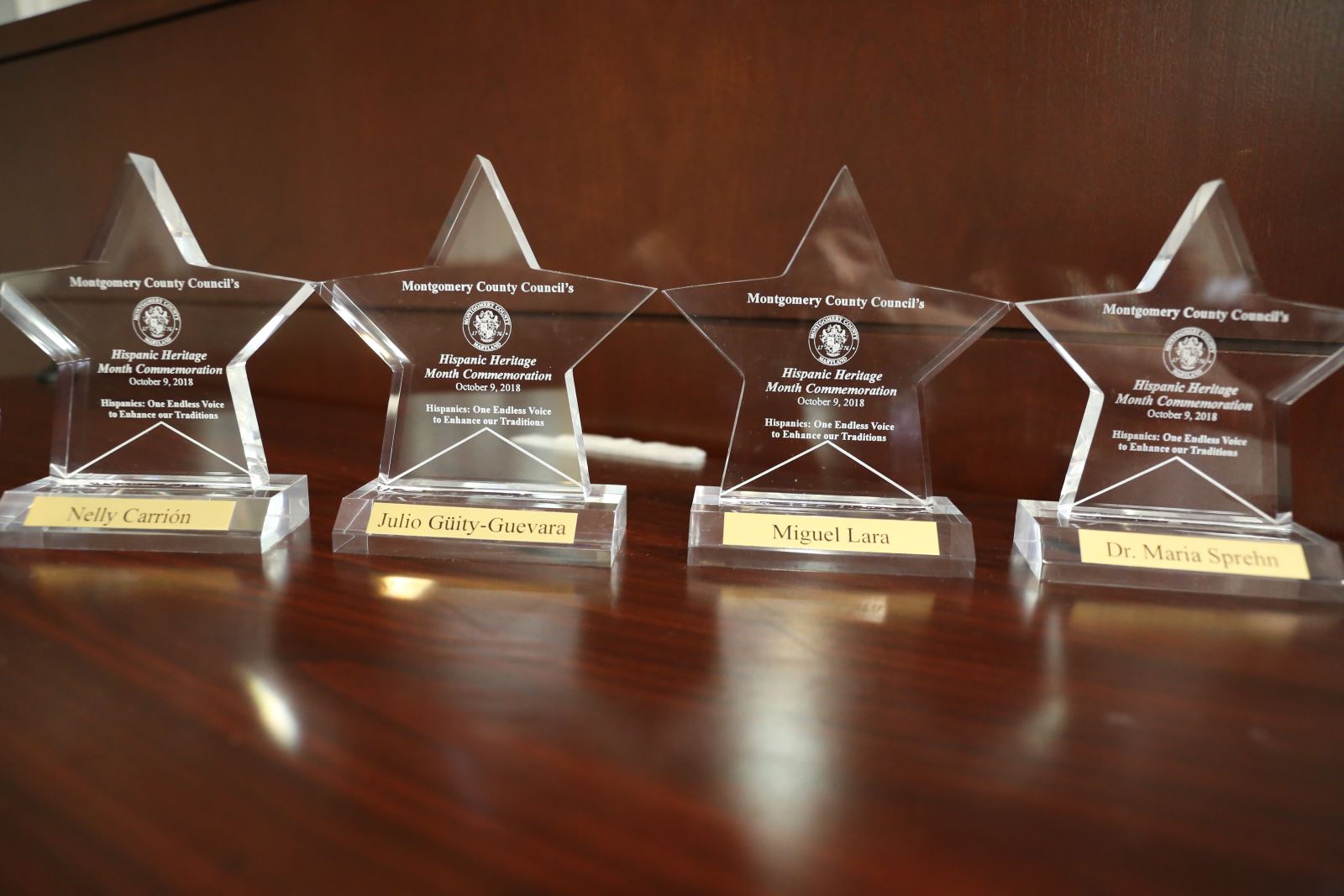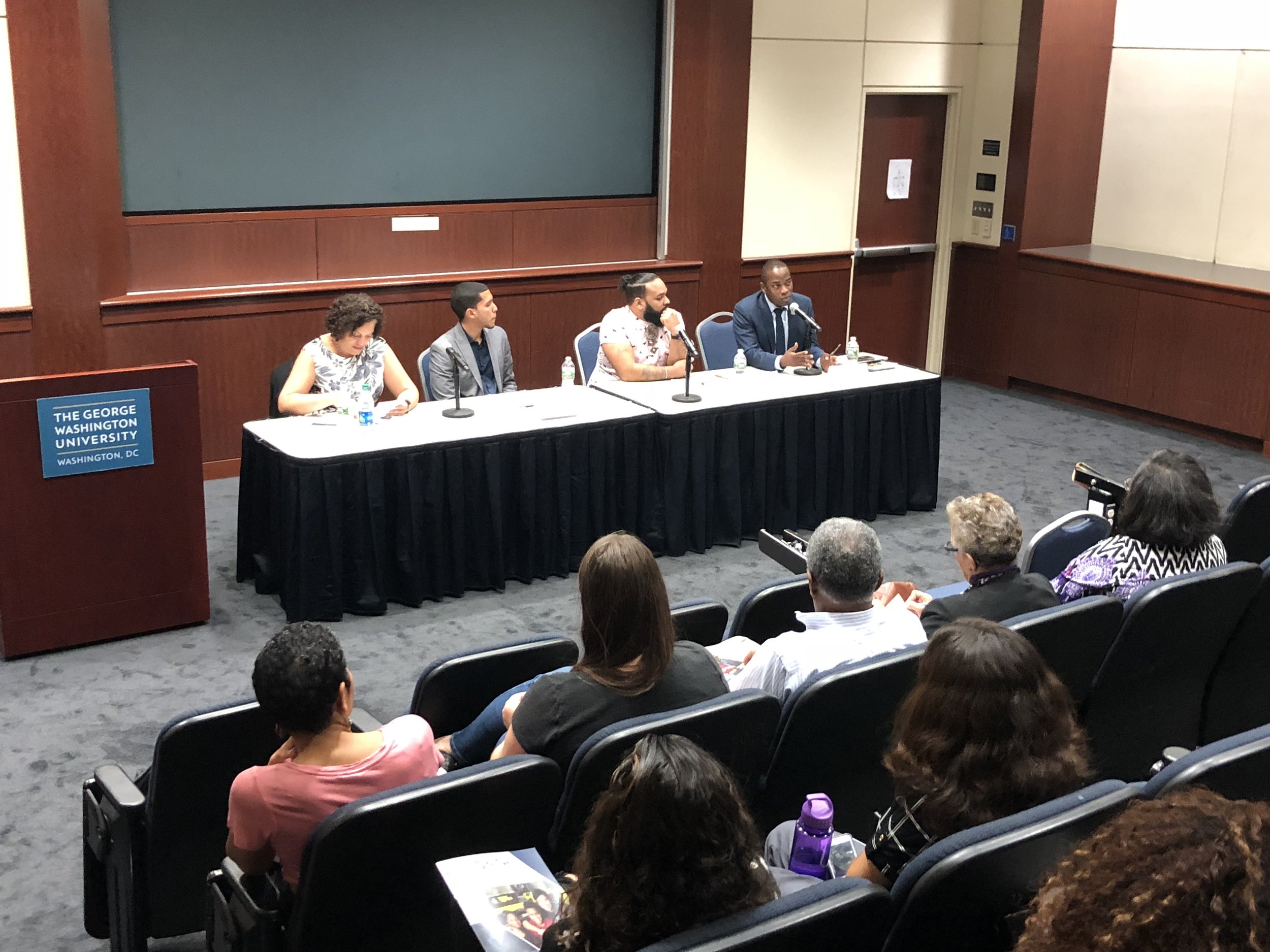Decenio Afro: Adelante - on political leadership and democratic political participation - was the first of a three-part webchat series organized by the U.S. Department of State in support of the United Nations International Decade for People of African Descent.
The Decade is a global initiative focused on recognition, justice and development, and is particularly relevant in the Western Hemisphere. Approximately 200 million people of African descent live in the Americas, and their presence is felt in every country across the region. Thanks to the U.S. Speaker Program of the Bureau of International Information Programs and the team Race, Ethnicity, and Social Inclusion Unit for inviting me be part of this important initiative.
























